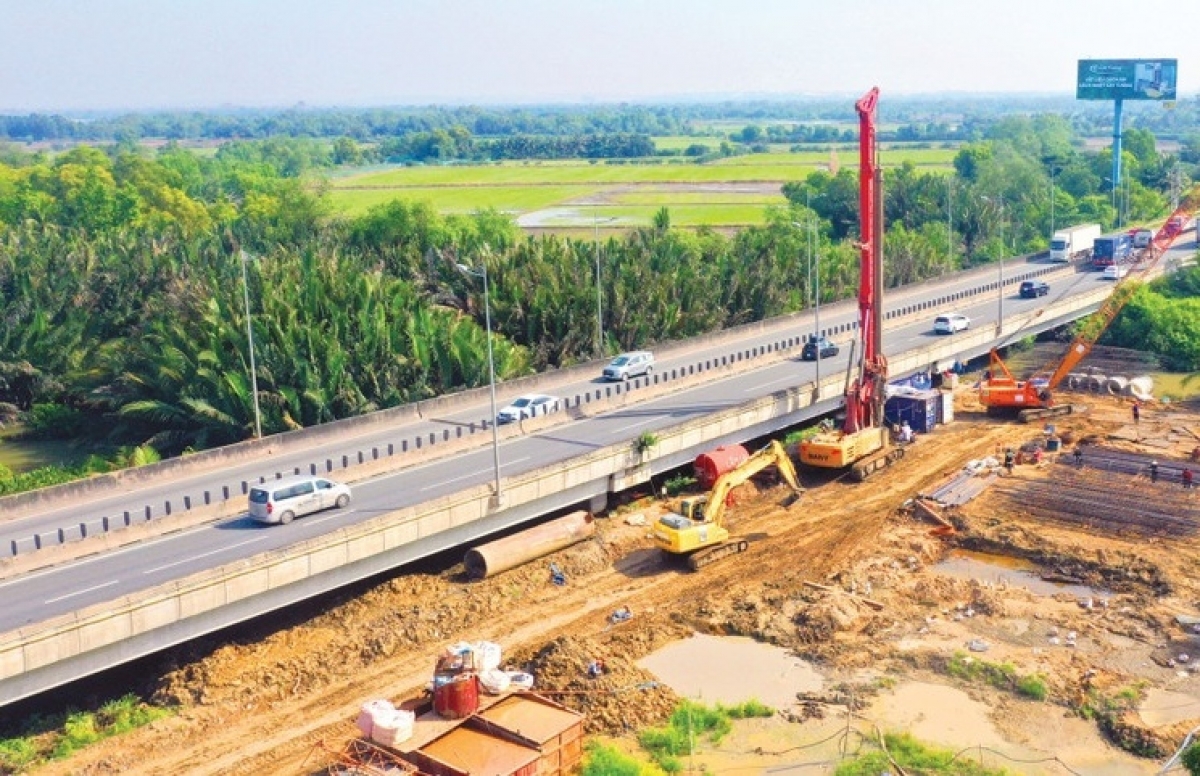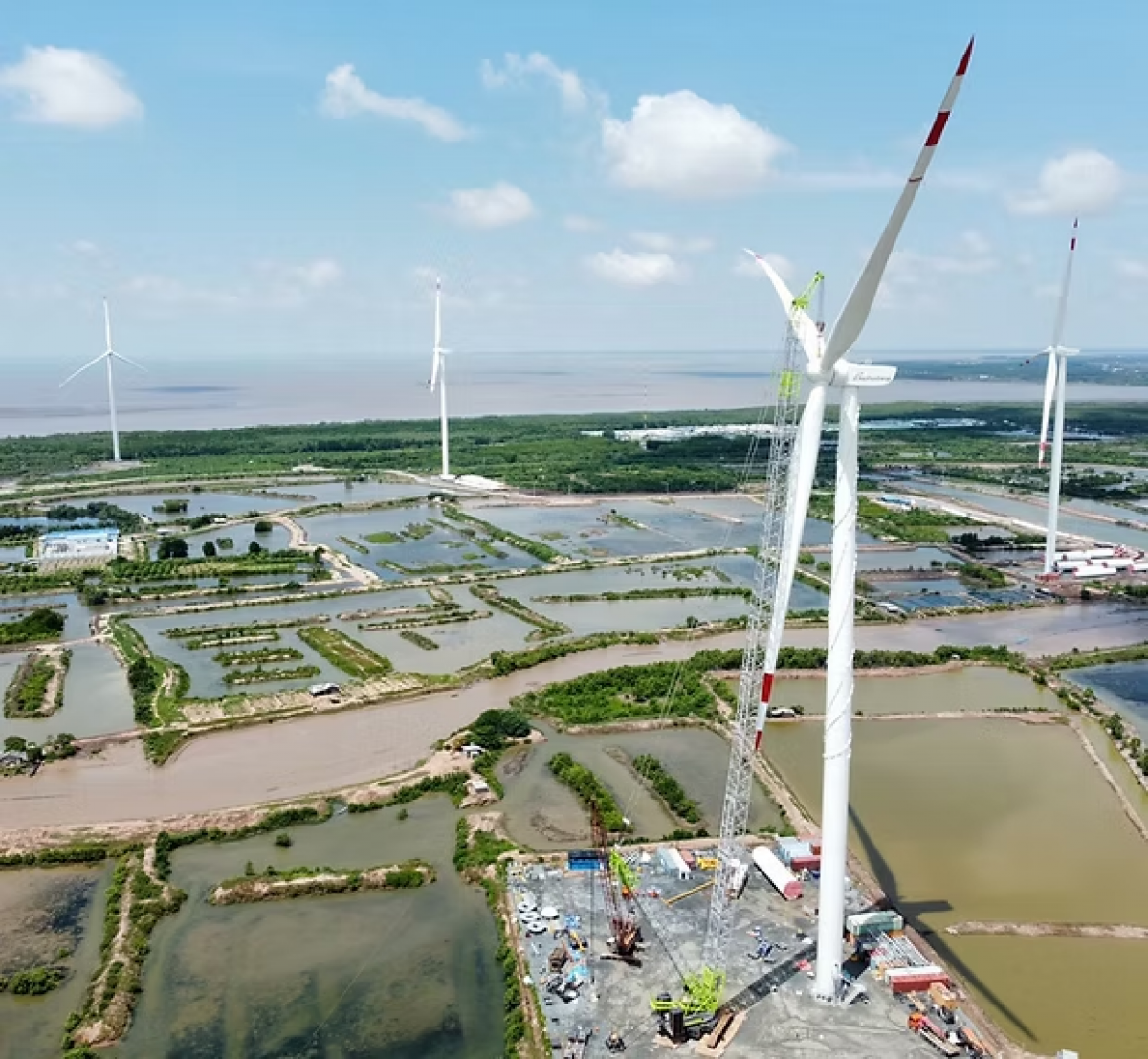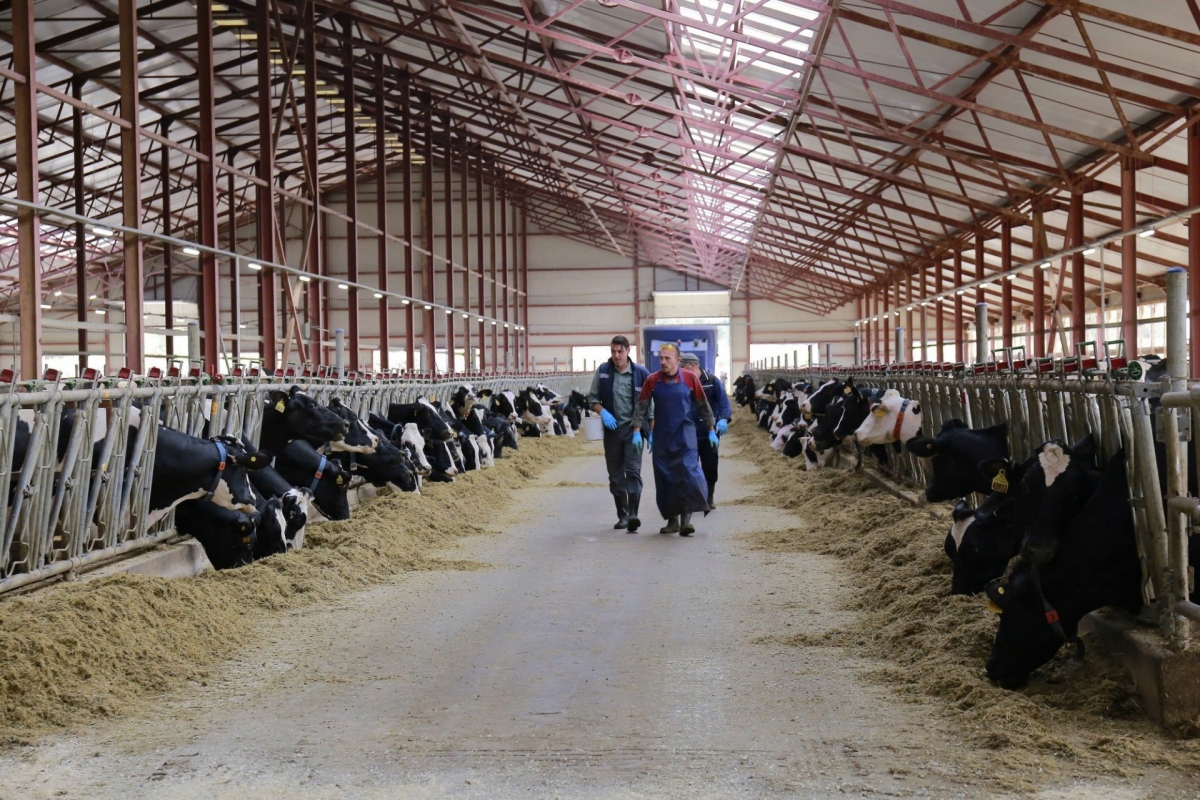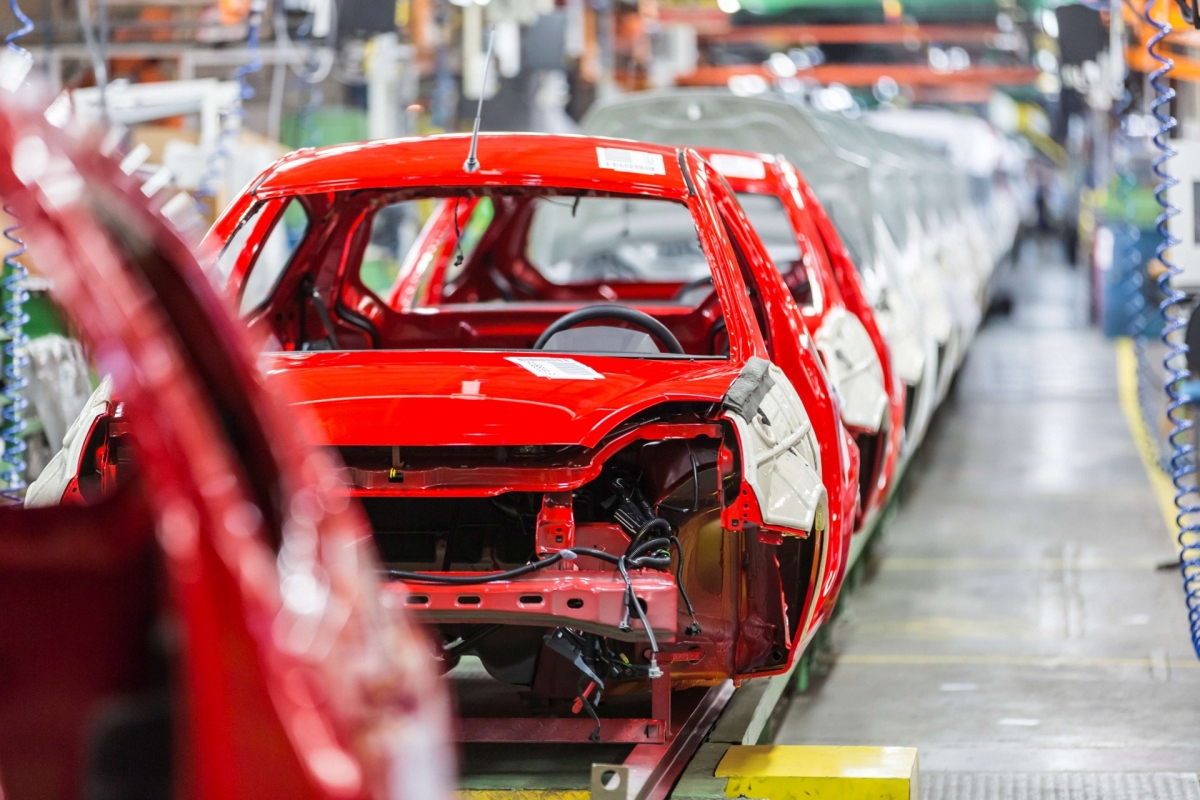INTERNATIONAL INVESTMENT
AND PORTAL
On March 25, Decree No.10/2024/ND-CP on establishing and expanding high-tech parks will come into effect, deemed good news for investors and the management boards of the current high-tech parks.
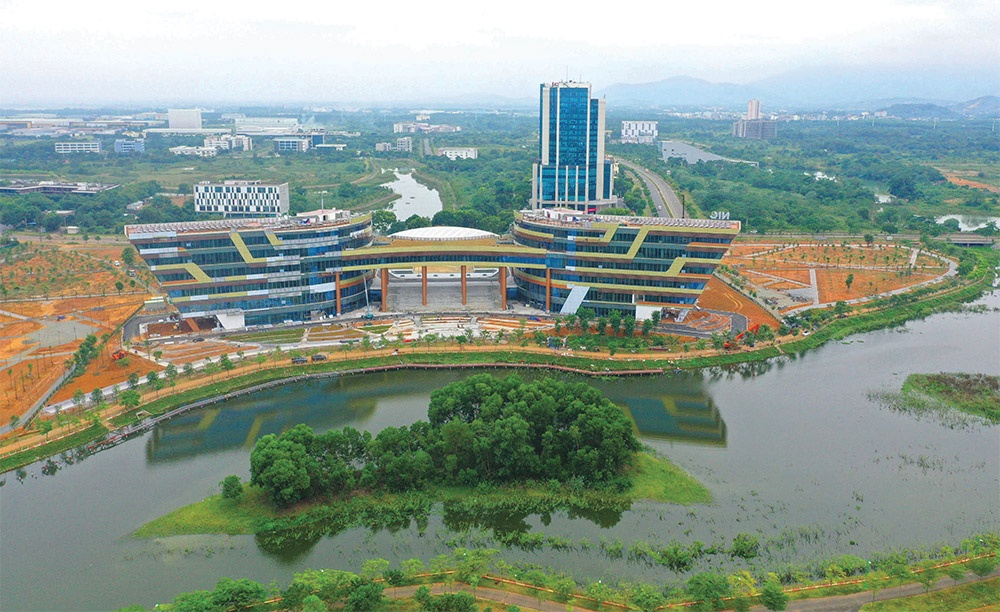
One of the headline incentives is the decentralisation and authorisation of ministries, ministerial-level agencies, and municipal and provincial people’s committees to the management board of the high-tech park to implement one-stop shop administrative mechanisms to support investors.
“One of the new points of the decree is the promotion of autonomy for high-tech parks in handling administrative procedures. This is the government’s policy in removing bottlenecks and attracting high-tech projects, especially projects from foreign-invested enterprises and research and development (R&D) activities,” Deputy Minister of Science and Technology Bui The Duy said at a conference on the issue in Ho Chi Minh City on February 27.
“The characteristic of high-tech investors is that they just focus on technology and are confused with the process of completing the administrative procedures. Therefore, implementing a one-stop shop mechanism, where all procedures are carried out at one focal point, is an important factor impacting their decision,” Duy added.
The Ministry of Science and Technology (MoST) will continue to advise the government to propose decentralisation in the operation of high-tech parks. The decentralisation and authorisation for the management board to implement the one-stop shop is a highlight because it is the expectation of the management boards of high-tech parks.
The Management Authority of Saigon High-Tech Park had asked Ho Chi Minh City People’s Committee and the MoST several times to re-establish the one-stop shop mechanism as many foreign investors became frustrated and could not wait any longer because administrative procedures were taking too long.
Along with the authorisation mechanism, the decree regulates that high-tech parks will be eligible for incentives equivalent to those applied to localities with extremely difficult socioeconomic conditions.
In addition, tenants will also enjoy the incentives of corporate income tax, export-import taxes, land fees and credit based on the established regulations. Specifically, tenants in high-tech parks will enjoy a corporate income tax of 10 per cent per year for 15 years. Exemption will be given for the first four years and a reduction of 50 per cent for nine consecutive years.
Projects in high-tech parks will also be prioritised for participation in support programmes on training and recruitment while receiving support for R&D, tech transfer, high-tech agriculture, and innovation.
According to experts, these incentives will pave the way to pull in projects having high-tech content, such as semiconductors.
“Foreign investment inflows in Vietnam also appear a new trend, which focuses on the fields using green and clean technology with high technology content such as chip and semiconductor production,” said Le Huu Quang Huy, a member of the interim executive committee of the Financial Association of Industrial Parks.
“This trend comes from the matching supply and demand. The processing and manufacturing industries are the strengths of many groups around the globe, and whatever their strength, they will focus on investing to seek profits,” Huy added.
Meanwhile, Vietnam is pushing many policies to draw in high-quality capital inflow to realise the goal of industrialisation, and the promulgating incentives for funding in high-tech parks is an example of incentive policies.
“We have worked with many foreign investors in the high-tech sector. They include one kitchen equipment manufacturer from Taiwan and one from South Korea, which have experience in producing semiconductors, chips, and batteries to export to the United States and Germany for Tesla and Hyundai,” Huy said. “We saw that they trust the business environment of Vietnam and want to have long-term operation here. It is a good opportunity.”
According to the Foreign Investment Agency under the Ministry of Planning and Investment, as of February 20, the total newly registered capital, additional capital, capital contributions, and share purchases by foreign investors, surged 38.6 per cent compared to the same period in 2023.
Last year, Samsung poured another $1.2 billion into Vietnam, raising its investment to $22.4 billion. The group aims to pump an additional $1 billion per year into the country.
In addition, Qualcomm is planning to open a R&D centre in the central city of Danang, and has asked the city to support the group in opening an AI research lab at Danang Software Park 2.
Currently, there are four high-tech parks in Vietnam. Saigon High-Tech Park was founded two decades ago and has attracted 160 projects with the total investment of $12 billion. It is the production hub of Samsung HCMC CE Complex Electronics Co., Ltd.
Danang High-Tech Park, established in 2010, has attracted 26 projects with the investment of $852 million.
Covering around 1,600 hectares in Thach That and Quoc Oai districts in Hanoi, Hoa Lac High-Tech Park was founded in 1998 and has attracted 102 projects worth over $4 billion. The park draws big tech companies such as Viettel, FPT, Hanwha Aerospace, and Nidec, and hosts the National Innovation Centre.
Dong Nai High-Biotechnology Park carries out research, incubation, application, and transfer of biotechnology. It will also develop human resources, support high-tech startups, manufacture and sell high-tech products, and provide advanced biotech services.
In addition, Can Tho city and Ha Nam province are waiting for approval for several high-tech parks.
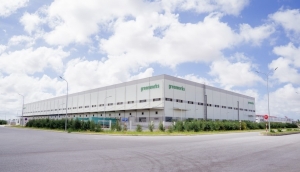 Nam Dinh Vu Industrial Park's green development
Nam Dinh Vu Industrial Park's green development Haiphong is scaling up efforts towards green development, with Sao Do Group's Nam Dinh Vu Industrial Park as a shining example.
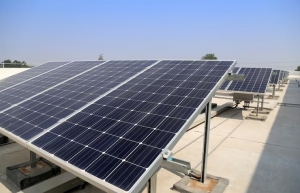 Industrial parks seek answers for potential power shortages
Industrial parks seek answers for potential power shortages Many industrial areas face the risk of power shortages in 2024, which will undermine production, tenants, and investment.
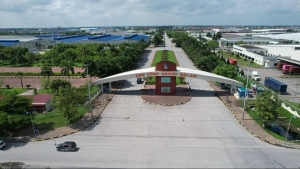 Financial Association of Industrial Parks to be launched
Financial Association of Industrial Parks to be launched The Vietnam Financial Consulting Association (VFCA) released a resolution in December to establish the Financial Association of Industrial Parks (FAIP), with Dr. Phan Huu Thang, former director of the Foreign Investment Agency under the Ministry of Planning and Investment, appointed as interim president.


